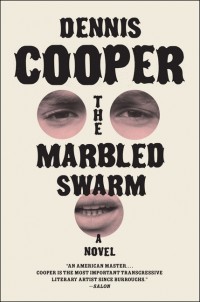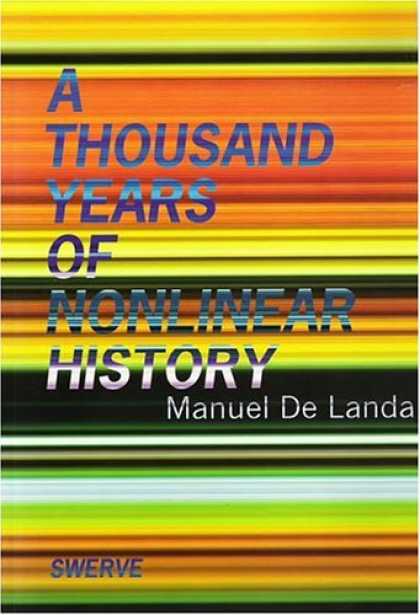Valerie and Her Week of Wonders (reviewing films released some time ago)
Swallowing pearls, drinking chicken’s blood, fighting off creepy clergymen: these are among the many bizarre challenges our protagonist must endure in Valerie and Her Week of Wonders (Dir. Jaromil Jireš, 1970). Valerie, played by the beautiful Jaroslava Schallerova, is a 13 year old girl living with her grandmother in a small town where religion is paramount and old-time ideals are treasured. She spends her days practicing piano, attending church services, and having tea with her grandmother: all things seemingly ordinary for an obedient child. But beneath the pretty surface there is something rotten about this rustic Czechoslovakian hamlet. Vampires! Lecherous priests! Debauching actors in animal masks! And witch-hunting townspeople!
Well this last line from John Banville’s review of Joan Didion’s new memoir Blue Nights, I like it:
“However, it is most profound, and most provocative, at another level, the level at which the author comes fully to realize, and to face squarely, the dismaying fact that against life’s worst onslaughts nothing avails, not even art; especially not art.”
Secrecy, speed, affect: The Marbled Swarm

The Marbled Swarm
by Dennis Cooper
Harper Perennial, November 1st, 2011
$10.19 / Buy from Amazon
1. A precursor: the often repeated and often obvious dictum from authors: if one could summarize the idea or express the idea elsewhere, it would not be a book.
2. Another precursor: I have to use numbers for this review. The accumulative force in The Marbled Swarm has made me nervous to write about it. These numbers should help. Related: numbers are very rarely used in the book; we are maybe twice given them as markers, as soft attempts at erasure, but more so as another meter to remember. I understand the absence of counting in the book.
3. Formal book reviews mostly feel homogenous to me; some young limping component of an old structure; sutured to print? The format seems off, or rather: very rarely off. I’m pretty often baffled, too, by the claim that some argument must be lodged and pushed through to agree a reader; maybe I discredit the militaristic form of rhetoric, or of establishing a reading. To me, the reviews, the books too, that are interesting and alive feeling do not seem camped or aimed, yet open and transfixed.
4. I read The Marbled Swarm for the first time on a plane. Enclosed by a tube, moving very fast through different pressured air, hoping for a smooth passage. Fantasizing about puncture. READ MORE >
September 30th, 2011 / 8:00 am
J. Nicholas Geist at Killscreen gives us a really gorgeous example of a text coming alive electronically.
Temporary Coagulations: a quick look at A Thousand Years of Nonlinear History

Finished this today. I started it a few years back and put it down; the introduction seemed a bit impenetrable. Then, last year, as I was driving through Yosemite park, I thought of the trees as temporary spikes in the surface of the earth. I felt my environment as process. I blamed this book. I started it up again about two weeks ago. It’s a beautiful synthesis of thought; philosophical in the sense that this book is a unique engagement with the world that is often contagious, often revealing. Manuel De Landa presents the last thousand years through three lenses: biological history, geological history, and linguistic history. I found the first two the most interesting. The interplay of gene flows, biomass, disease, and the changing infrastructural landscape of civilization is fun to watch. These are complex processes, and this book makes you feel as if you can suss out the true influences in major movement. To me, this is the most honest, wide-eyed & ecologically sensitive concept of history that I’ve read. Humans aren’t the heroes: self-organizing flows of energy are. We are just mineralizations, temporary coagulations. From one clot to another: read this.
February 18th, 2011 / 12:09 am
Ghost Machine by Ben Mirov is a soft, looping, erased-De Kooning that searches for someone it lost. Really sad. Very good. Read it.
A Review: The Passion According to G.H. by Clarice Lispector

January 18th, 2010 / 1:22 pm
